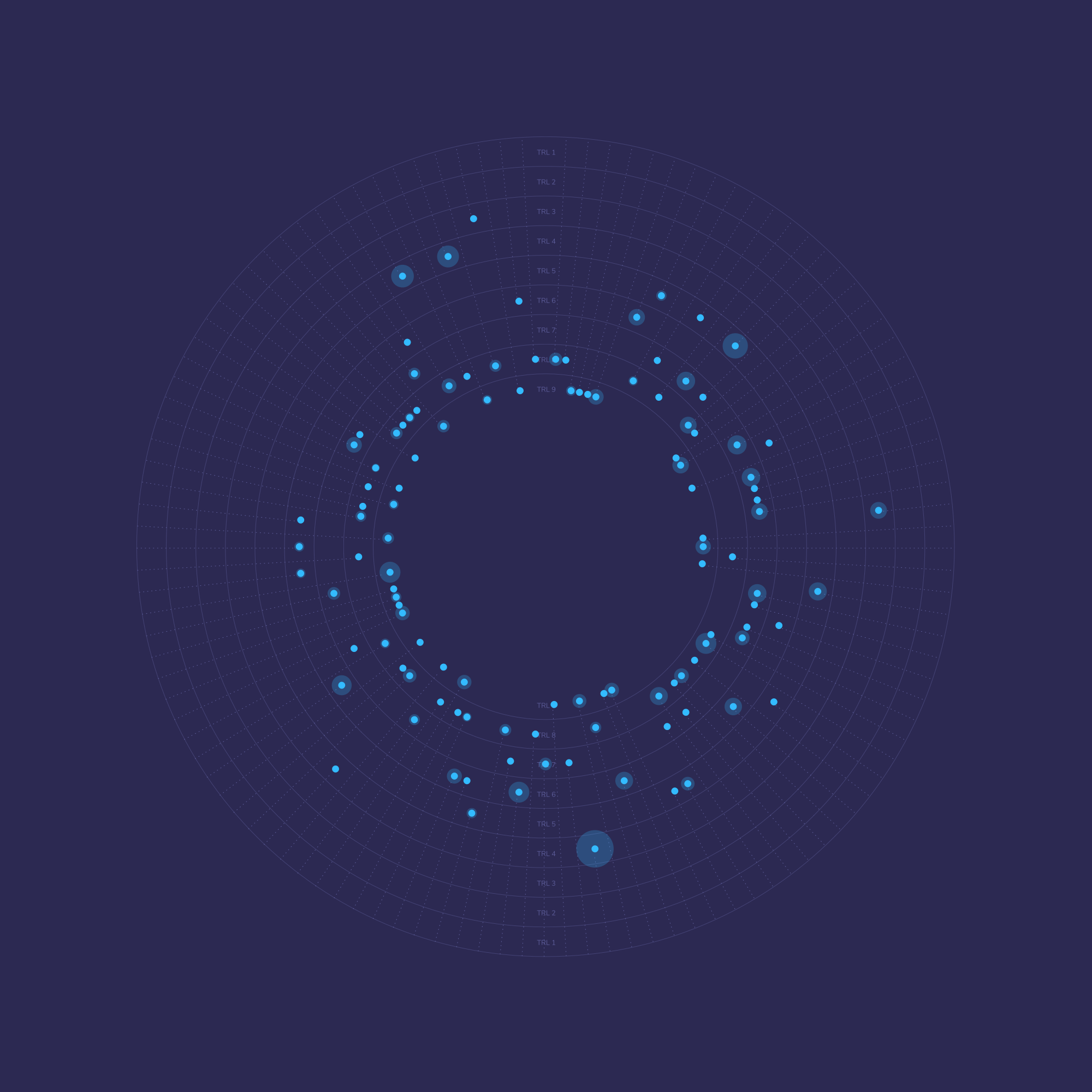Data & Cyber Security: Emerging Tools in Securing Networks
Laura Del Vecchio
pinkeyes @ stock.adobe.com
The scenario Data & Cyber Security describes the application of different software and systems used to secure entire networks, leveraging the importance of securing administrative procedures to increase effectiveness.
The scenario Data & Cyber Security describes the application of different software and systems used to secure entire networks, leveraging the importance of securing administrative procedures to increase effectiveness.
Implementing digital platforms and sensors throughout the city could mean more comprehensive coverage for urban planners and public agencies. However, these upgrades pose challenges in security. Even though 5G Mobile Network is a crucial feature to make smart cities a reality, it holds the same fragilities of past network generations (3G or 4G networks, for example), such as privacy integrity and connection stability.
Transitioning to blockchain-based systems is a way to solve cybersecurity issues in connected cities, since the technology itself offers transparency, reliability, and security for data transactions. By establishing a Blockchain Digital Identification for citizens, governments can benefit from these qualities when sharing information with other public tools and interfaces.
Decentralized Autonomous Organization as a technological feature invites urban planners and politicians to think about new governance possibilities. Since blockchain can offer the technical infrastructure to eliminate intermediaries, the narrative posed by Bitcoin and other cryptocurrencies of making banking institutions obsolete could be transposed to the context of politics and the very existence of a State.
Apart from this proposal, there are other ways to protect data exchanges and servers. By implementing strategies such as Triple-Entry Accounting —an upgrade to the current double-entry system—, a GovCloud framework, that encompasses manifold technological solutions to secure e-citizen data, as well as the adoption of an Untraceable Browser by both public agents and civilians, could increase security and accountability.
These solutions lead us to the discussion of how the State is both responsible for securing accumulated citizen data and for writing new legislation that protects its agencies and civilians in the face of new technological enterprises. Technology methods such as a Honeypot-based Social Engineering Defense offer sophisticated ways to avoid social engineering attacks. Also, complementary software that establishes User-Defined Data Sharing could secure internet users from having unauthorized personal data accessed by platforms. These solutions could then be offered directly from governments, thus furnishing the means to build secure systems where citizens trust the digital tools they use.
Finally, as much as governments, such as the American government starting to consider (mis)information as an element to be targeted by the Department of Defense, the inclusion of Anti-Filter Bubble Algorithms could work as an additional strategy to tackle the problem of fake information, and the action of collectives that spread such harmful content as a means to disrupt societies. When it comes to cybersecurity at a governance level, it is essential to consider not only the means to protect data exchange and storage but also how information itself is being weaponized by groups such as QAnon, for instance.
